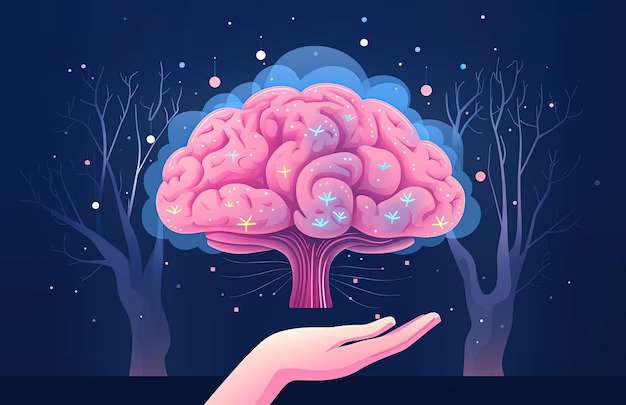Can the Brain be Trained Like a Muscle?

The concept of training the brain is often referred to as brain training or cognitive training. Here are some ways in which the brain can be trained:
- 1. Learning and Education: The brain naturally learns and adapts through acquiring new knowledge and skills. Formal education, reading, and engaging in intellectually stimulating activities all contribute to brain development.
- 2. Cognitive Training: Specific cognitive training exercises, often available through apps or programs, can target and improve various cognitive functions. These exercises may focus on memory, attention, problem-solving, and other cognitive skills.
- 3. Mindfulness and Meditation: Practicing mindfulness and meditation can train the brain to be more focused, reduce stress, and improve emotional regulation. These practices can lead to changes in brain structure and function.
- 4. Physical Exercise: Regular physical activity has been shown to have a positive impact on brain health. It can improve blood flow to the brain, promote the release of neurotrophic factors that support brain cell growth, and enhance cognitive function.
- 5. Brain-Training Games: There are a variety of brain-training games and activities designed to challenge memory, attention, and other cognitive skills. While their effectiveness is a topic of debate, some individuals find them helpful.
- 6. Problem-Solving and Intellectual Challenges: Engaging in activities that require problem-solving and critical thinking, such as puzzles, chess, or strategy games, can help keep the brain sharp and improve cognitive function.
- 7. Social Interaction: Socializing and engaging in meaningful conversations with others can stimulate the brain. Social interaction can also contribute to emotional well-being, which in turn can affect cognitive function.
- 8. Learning New Skills: Learning new skills or taking up a new hobby can challenge the brain and lead to neural growth and development.
- 9. Lifelong Learning: Continuously seeking out new information and experiences, even as you age, can help maintain and improve cognitive function.
It's important to note that the brain, like a muscle, responds to regular training and stimulation. However, the analogy is not perfect, as the brain is a highly complex organ with diverse functions and structures. Additionally, individual results may vary, and the extent of improvement depends on various factors, including genetics, age, and the specific type of training or activities being pursued.
In summary, while the brain is not a muscle, it can be trained and developed through various cognitive and lifestyle practices. Regular mental stimulation, learning, and a healthy lifestyle can contribute to improved brain function and overall cognitive well-being.
